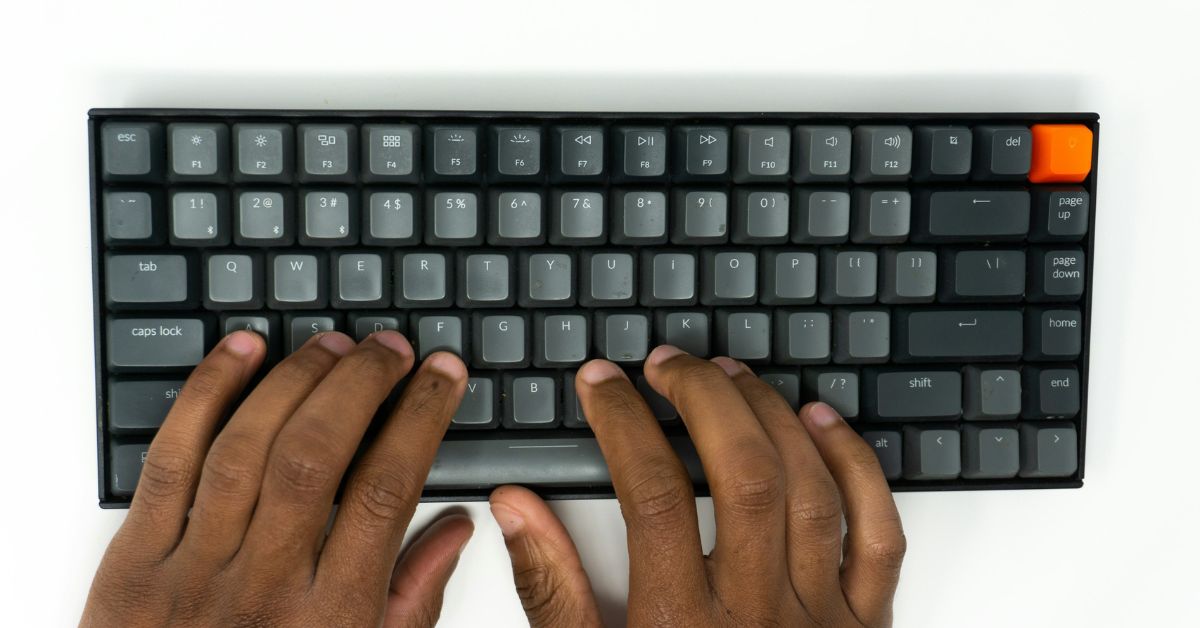Thepeer, a Nigerian tech infrastructure company that enables seamless wallet transfers between businesses, has raised a $2.1 million seed round, according to a statement shared with TechCabal today.
Founded in August 2021 by Kosisochukwu Chike Ononye (CEO) and Michael Okoh (CTO), Thepeer was conceived as a solution to the costly and cumbersome movement of money between mobile wallets.
Thepeer is an API-based company that enables its customers, majorly small and medium-sized businesses and fintechs, to allow their own customers to fund their accounts from other businesses, send money across their different wallets, and pay for items from their wallets seamlessly.
Thepeer’s infrastructure is necessitated by the increase in the number of fintech companies on the continent, whose rise can also be traced to an increase in venture capital funding, most of whom regardless of what money service they provide, be it payments, lending, investing, trading or neobanking have digital wallets. As customers and businesses adopt these fintech products they discovered that moving money from the digital wallet of one fintech to another is difficult. When Thepeer founders discovered this lack of digital wallet interoperability they decided to solve this infrastructural deficit by building Thepeer.
“Today, there are nearly 600 fintechs across the continent, most of which operate siloed wallets. Our goal is to make it possible to connect and make payments from any wallet. We are building an operating system so that businesses can offer more services to their customers,” Thepeer’s CEO Ononye said in a statement.
This round is led by The Raba Partnership, whose long list of investments in African infrastructure payments API companies startups includes Flutterwave, Stitch, and BVNK. Other participating investors in this round include Rali_cap Ventures, BYLD Ventures, Timon Capital, Musha Ventures, Sunu and Uncovered Fund, and other African fintechs such as Chipper Cash and Stitch.
Thepeer has a suite of business and customer-facing products that facilitate seamless money transfers between businesses and their customers. Direct Charge allows customers of different businesses to fund their wallets from other businesses; Checkout allows customers to pay for items online from any store that accepts payment via Thepeer.
Its latest product, Send, launched 3 months ago, allows businesses to send and receive money from one another via a dashboard. Since Send’s launch, Thepeer said that its monthly transaction volume has grown over 65 times to reach double-digit million dollars. The company also said that since its launch in August 2021, through Q1-22, it has achieved average MoM transaction growth of 161%.
Ononye told TechCabal that Thepeer makes money by charging customers 0.5% (₦25 capped at ₦2,000) for Direct Charge and Checkout transactions, and businesses $0.01 for each customer transaction. The company also said that its infrastructure is used by cross-border wallet, Eversend, and teletherapy platform, Nguvu Health.
“One amazing thing about Thepeer is that it has made it easier for people to pay for therapy on Nguvu Health app, which makes it easy and affordable for Africans to access therapy from their smartphones. Our users now have options with Thepeer’s integration with other fintech wallets where they can pay for therapy,” Nguvu Health’s co-founder and CEO, Joshua Koya, said in a statement.
“The opportunity that Thepeer is addressing reminded us of the fragmented card and mobile money payments landscape Flutterwave identified 6 years ago,” Raba Partnership’s founder George Rzepecki said in a statement. “Today, with the proliferation of consumer and B2B fintechs across Africa, Thepeer is building a foundational API-based payments layer where fintechs can enable money movement natively from within their respective wallets and apps.”
This round of funding is coming less than a year after it raised a $220,000 pre-seed round from angel investors including Paystack’s co-founder and CTO Ezra Olubi, and Edenlife’s co-founder and CTO, Prosper Otemuyiwa.
Currently operating only in Nigeria, Ononye told TechCabal that this fresh funding will help Thepeer expand to other African countries, including Kenya, South Africa, and Egypt.




















